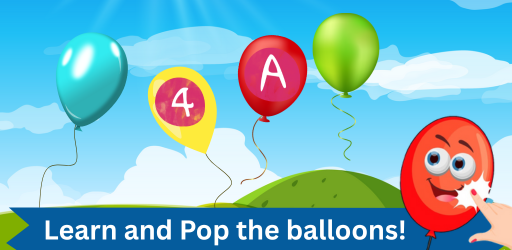5 Simple Ways to Teach Your First Grader Math
Children learn differently, and some catch on to concepts much faster than others, while others take a while. Most parents know their children more than anyone, meaning they understand how they learn and respond. Some kids may need the help of Math tutors during holidays to keep up with the rest of the class, but you could also teach them independently. The best part about teaching your child Math concepts is that they will enjoy the session more and are more likely to feel comfortable since they are with someone they know and love. Here are a few ideas for making these lessons more productive.
Make It Fun
Young children want to do fun things more than anything. Making learning fun will lengthen their short attention spans and have them focus for longer and stay interested. Look at the things they love and incorporate some Math into it. Do they like candies? Ask them Math questions like, if Mary had three candies and used two, how much would she have left?
You could also ask them to count the apples, oranges, or fruits they see in the basket. If you are driving home, ask them to count the cars you drive by. If you incorporate Math into your everyday life, children will be more interested in learning and understanding this subject.
Moreover, incorporating technology, like math learning apps, into your child’s study routine can make learning even more engaging. For example, there might be an interactive game where they need to figure out how to find the least common multiple of numbers to solve a puzzle or move onto the next level. The combination of play and learning makes grasping this concept less intimidating for them – keeping things both challenging and enjoyable at the same time!
Reward Efforts
You must also acknowledge them when they solve their Math problems successfully. When appropriate, give them praise and encouragement to keep them motivated to study more. If they fail, give them constructive criticism without condescending or discouraging and point out their mistakes. You can also read many children’s Math books to help your cause, like “Millions of Cats” by Wanda Gag. David Schwartz’s “On Beyond a Million” is also good.

Mental Math App for Kids
The mental math games are all about the ability of thinking and solving a problem in your head. It builds that critical thinking in a child’s mind and makes him able to deduce solutions to different problems.
Tell Math Tales
Young children are intrigued by fascinating stories, so add some Math and cement it in their minds. For them to understand the story, they will need to grasp the Math and understand it. For instance, in the story of the three little pigs and the wolves, ask how many are left after the wolf ate one; this will trigger their mind and stimulate their Math interest.
The more you do this, the easier it will be for them to get it, as it becomes much easier for their brains to compute simple Math. You can challenge them with different quantities and see if they guess it correctly or if they are following by making the calculations in their mind.
Use Pennies
You could go for pennies and teach them to count from one to one hundred. You will need to get a jar of pennies for this one. Teach them how to add up the coins and get where they can. If they get stuck, help them and challenge them to go independently.
You could also divide them into different categories and make your child count in 10s, from 10, 20, 30, and so on, until they get it right. If they get it right, remember to reward them for encouragement. Once they grasp this concept, you can add coins to the worksheet to try and spark their financial smarts.
Know About Math Milestones
At six years old, it is common for many children to be able to do simple subtraction and addition in their head. Word problems may be complex, but some can do them quickly and even understand fractions like quarters, thirds, and halves.
If your child has difficulty doing these in the third grade, don’t worry much; some kids get it around age seven or later. You don’t need to be overconcerned about them. Some need a little more time, and different children grasp them at other times within their first grade.
Conclusion
Patience is essential when dealing with children, so give them time to understand the concepts of Math. Problems arise if you are not patient or don’t understand how your child learns. Look into their habits, see what they enjoy or are interested in, and add Math. Your attitude is also essential when dealing with your child; make it fun, and they will play along.









